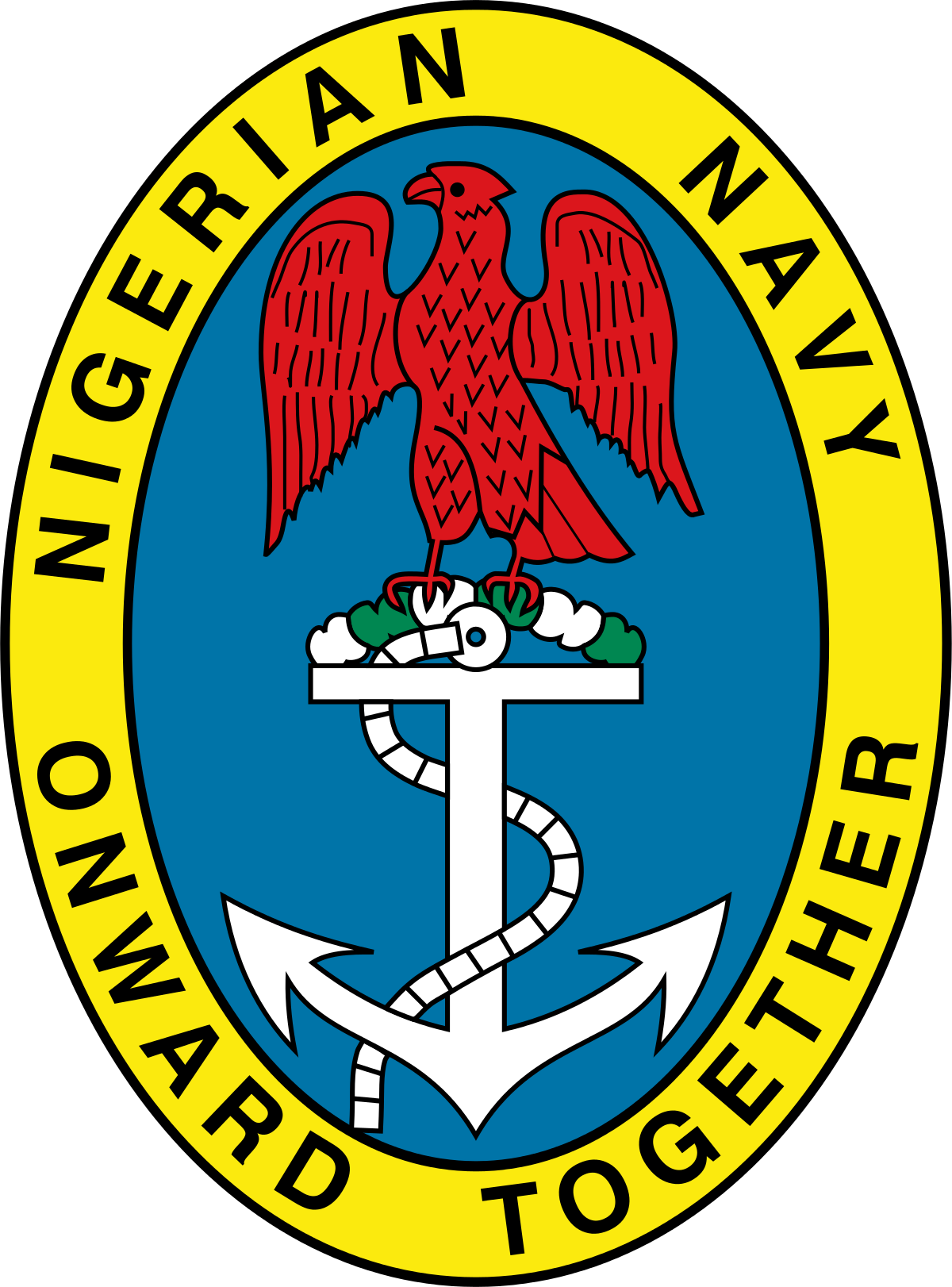Measles-Rubella Vaccination Programme

The Nasarawa State Government has pledged its full support for the Federal Government’s proposed immunisation campaign, scheduled to launch in October, aimed at eliminating measles and rubella. Governor Abdullahi Sule made this commitment in Lafia during a stakeholders’ engagement focused on introducing the measles-rubella vaccine into the routine immunisation schedule. The programme was a collaborative effort between the Nasarawa State Primary Health Care Development Agency, the office of the First Lady, and the Centre for Wellbeing and Integrated Nutrition Solutions (C-WINS).
Represented by his deputy, Dr Emmanuel Akabe, Governor Sule emphasised that his administration prioritises the health and wellbeing of all residents, especially children. He stated that the vaccination would protect children and strengthen the state’s economy and healthcare system. He urged local government chairmen, their wives, caregivers, traditional and religious leaders, women’s groups, and community influencers to fully support the incorporation of the vaccine into the routine immunisation schedule from October 2025.
Governor Sule assured that the vaccine would be available and accessible in all health facilities across the state, stating, “No amount of money is too much to meet the health needs of our people.” He strongly endorsed the measles-rubella vaccine, highlighting that these diseases are highly contagious and can cause severe complications like deafness, blindness, heart defects, brain damage, and even death. He urged all stakeholders to ensure children aged 9 to 15 months receive the lifesaving vaccine.
Dr Usman Iskilu, Executive Secretary of the Nasarawa State Primary Health Care Development Agency, thanked Governor Sule for his commitment to children’s health by endorsing the vaccination programme. He explained that the two-in-one measles-rubella vaccine offers effective protection against these diseases and their severe complications. The goal is to mobilize strong support and commitment from government officials and community leaders to integrate the vaccine into routine immunisation.
Commissioner for Health, Dr Gaza Gwamna, expressed confidence that Nasarawa would excel in the national measles-rubella vaccination exercise, similar to its performance during the COVID-19 vaccination campaign. He noted a recent measles outbreak in Rukubi community of Doma LGA, underscoring the importance of including the measles-rubella vaccine in routine immunisation.
The United Nations Children Fund (UNICEF) is collaborating with the Federal Government, states, and other stakeholders to reduce the number of Zero Dose (ZD) children through improved routine immunization coverage and strengthened health systems nationwide. Nigeria has 2.1 million children who have not received any single ZD as per the national routine immunization schedules. The global target is to reduce ZD children by 25% by 2025 and 50% by 2030. UNICEF Health Officer for the Maiduguri Field Office, Bashir Elegbede, disclosed this at a Media Dialogue in Damaturu, Yobe State, commemorating 2025 World Immunization Day.
Elegbede noted that Nigeria has the highest global burden of ZD children, who are mostly found in conflict-affected areas, areas affected by climate change, geographically hard-to-reach areas, pastoral regions, urban outskirts and slums, including areas with health system challenges. He stated that 24% of Nigeria's 8.7 million children under one year are classified as ZD children. These children are at high risk of vaccine-preventable diseases like polio, measles, yellow fever, and viral hepatitis.
According to Elegbede, UNICEF has supported Yobe State in vaccinating approximately 20,000 ZD children with the DPT/PENTA vaccine in 2024. UNICEF’s Volunteer Community Mobilisers (VCM) have significantly reduced non-compliance to routine immunization in Yobe State. In Borno State, UNICEF’s intervention has reached 145,000 ZD children across prioritised local councils.
Yobe State Commissioner for Health, Mohammed Gana, highlighted the outbreaks of diseases like diphtheria, meningitis, and cholera, emphasising that immunization is a cost-effective strategy for prevention. He stressed the need for renewed efforts to ensure population acceptance and participation in immunization, ensuring no child is left unvaccinated. Strategies such as enrolling families in health insurance to receive immunization and other health services have been implemented, benefiting over 10,000 children in two local councils, with over 26,000 children vaccinated.
Gana identified poor healthcare-seeking behaviour, ignorance, poverty, and insecurity as major challenges to routine immunisation in Yobe State. However, he expressed confidence that strategic shifts and collaboration with traditional and religious institutions will address these issues.









